England has been home to three great composer-entrepreneurs since 1700: Benjamin Britten in the 20th century; Arthur Sullivan in the 19th; and George Frederick Handel in the 18th. The operatic landscape they encountered was relatively fallow, yet each cultivated his patch of earth, produced works of astonishing originality and impact, and revolutionised both the art form and the country’s opera industry, at least for a time.
Handel was the most incongruous of the three, this gruff German son of a barber-surgeon, with heavily accented English who, aged 26 and following the phenomenal success in London of his opera Rinaldo, found himself parachuted into the centre of British court and theatrical life. Briefly resuming his position as Kapellmeister to Georg Ludwig, the Elector of Hanover, Handel returned to London in late 1712, making his theatrical home at the Queen’s Theatre — Sir John Vanbrugh’s gorgeous building in the Haymarket — and his liturgical home with the Chapel Royal. On Queen Anne’s death in 1714 and Georg Ludwig’s accession to the English throne, Handel’s position in society seemed assured.
His career, and the consequent fate of opera in England in the 18th century, owed everything to this first run of Rinaldo, a work that could not have been more different from the courtly masques and public pageants with which English audiences were familiar and comfortable. It wasn’t just its use of the Italian language, which Handel and his producer countered as best they could through issuing libretto books in simultaneous translation. Nor was it the expense: the renowned Italian castrato Nicolini was paid the phenomenal sum of £860 to create the title role in Rinaldo, more than he would earn in Naples, Rome or Venice. Rather it was the theatrical and musical daring of this opera seria, with its martial parades and pastoral scenes, its sorceress, siren and snarling monsters, and at the still heart of Act 2 one of Handel’s greatest arias, ‘Lascia ch’io pianga’ (‘Let me weep’).
Not that there wasn’t resistance to this transplanted art form. In December 1711 a new journal, The Spectator, published a letter attacking entertainments in languages other than English, imploring ‘foreigners who pretend to succeed in England to learn the language of it as we ourselves have done’. Handel was very much the target. This would also be Theodore Roosevelt’s nativist argument early in the 20th century (‘We have room for but one language here, and that is the English language’), one that rumbles on depressingly to this day.
Yet Handel demonstrated a sensitivity and certainty in his third or fourth language that his critics could not always muster in their first. His setting of Ambrose Philips’s ode, ‘Eternal Source of Light Divine’ for Queen Anne’s 48th birthday is merely one demonstration of his craft: the opening arioso, in which a natural trumpet winds itself around the gentle coloratura of an alto line stitched from the title words, is a masterstroke of musical reverence and melancholia, music perfectly matching sentiment. And when Handel began composing the English oratorios that characterised both the second half of his career and a shift in domestic taste away from Italianate opera, his setting of texts by Dryden, Milton and others further rebuffed such criticisms.
Handel was not always in sync with these shifts. In January 1745 his oratorio Hercules did miserable business at the King’s Theatre, prompting him to write an anguished letter to the Daily Advertiser emphasising how he had always ‘endeavour’d to shew that the English language, which is so expressive of the sublimest sentiments, is the best adapted of any to the full and solemn kind of musick’. Why wouldn’t his regular audience recognise that he had given it what it had long asked for — entertainment in English? Yet Handel’s oratorio Samson a few years earlier had charmed London audiences, underlying just how deftly he had led English theatrical taste for over 30 years.
Jane Glover, who has spent most of her career conducting music from the 18th century, is well placed to write about this unusual, brilliant man. She more or less bookends her tale with a single work — Messiah — which she first encountered in Lincoln cathedral as a nine-year-old. ‘At that moment,’ she writes in the foreword, ‘I knew not only that my life would be suffused with music, but that Handel, and Messiah, would represent recurring themes in it.’ And as she makes her way through the works that defined Handel’s public life —Judas Maccabaeus, Solomon, Saul: a litany of Old Testament heroes and villains — she keeps one eye on the second bookend, the composition and first performances of what she calls, a bit clumsily, ‘a veritable cornerstone of European and therefore world culture’.
In a very real sense the book is a repayment of an old debt; we are all acutely sentimental about the books and musical works of childhood. Yet others have written monographs on Messiah — not least Jonathan Keates, whom Glover here acknowledges for his landmark biography and comments on her manuscript — and so Glover instead tells the story of Handel in London, which is, after all, the whole story of Handel.
She is good on the Hanoverian chess game that brings Georg Ludwig to the throne; good too on the rise of Italian opera in the capital and its eventual supplantation by English oratorio. She writes well about the music, employing evocative, untechnical language. And when the Messiah finally arrives — part of a packed season of Handel’s music in Dublin in 1742 — Glover neatly dissects the tension between its composer and its librettist, Charles Jennens, who was convinced that Handel had thrown the thing together. ‘I have said a great deal to him on the subject,’ Jennens told a friend about his request for wholesale revisions, ‘but he is so lazy and obstinate that I much doubt the effect.’
Yet the problem with Handel — with this biography too, I suppose — is that the gap between certainty and speculation is so great. In the past, others have rushed to fill this gap: Handel was gay; Handel was a womaniser; Handel was antagonistic towards the great castrato Farinelli. The poor man has had his intense privacy repaid most ungallantly. Glover’s approach is fine and good, but it leaves Handel looking a little gauzy.
And if we are left guessing about his internal life — the people he bedded, the books he read, how he actually composed one hit after another in these years of novelties and quick retrospectives — the second subject of Glover’s title doesn’t fare much better. Despite an enviable list of walk-on characters — Jonathan Swift, Charles Burney, Daniel Defoe among them — London also remains a little fuzzy. There is mention of Handel’s investments in the South Sea Company, an integral and hugely corrupt component of Britain’s slave economy during Handel’s first decade in London, and how its collapse in 1720 — much like that of Lehman Brothers almost 300 years later — ruined fortunes, savagely wounded the economy and threatened the survival of the nascent Royal Academy. Yet there is no moral equivocation about Handel’s investments in this firm, and later in the Royal African Company of England, the profits of which funded his London opera and oratorio seasons for many years.
There are also odd repetitions, which can happen when a book is written between gigs over a comparatively long period. Vanbrugh builds his Haymarket theatre and is at it again a few pages later. Handel’s short temper and insistence on discipline and high standards make a couple of appearances. And his conviction that he would return to Ireland a year after the triumph of Messiah, which he expresses in a letter to Jennens, reappears verbatim three pages on. We don’t learn just how remarkable the sum of £860 then was — Nicolini’s fee was around £110,000 today in real terms — or that The Spectator was a completely different magazine from the one in which this review is published.
The story of Handel in London is an inspiring and reassuring tale, never more so than now as musicians throughout Europe glumly await the reshaping of their careers post-Brexit. And though it is here told with fluency, Glover doesn’t quite reconcile her genuine musical insights with the historical demands of the task at hand.
Got something to add? Join the discussion and comment below.
Get 10 issues for just $10
Subscribe to The Spectator Australia today for the next 10 magazine issues, plus full online access, for just $10.
You might disagree with half of it, but you’ll enjoy reading all of it. Try your first month for free, then just $2 a week for the remainder of your first year.

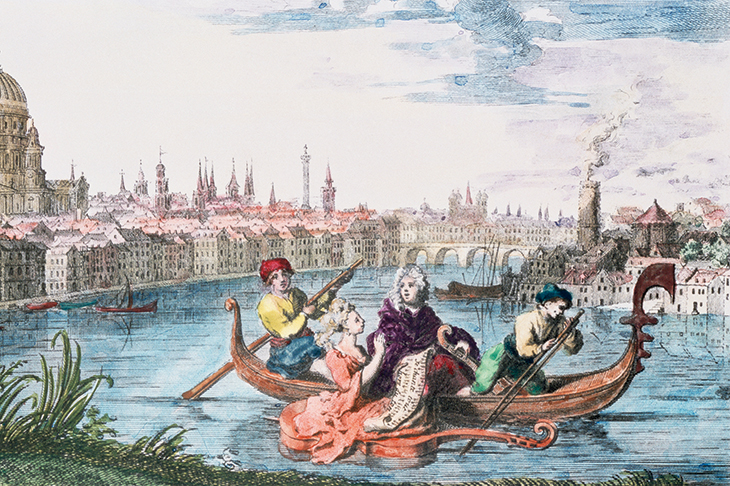
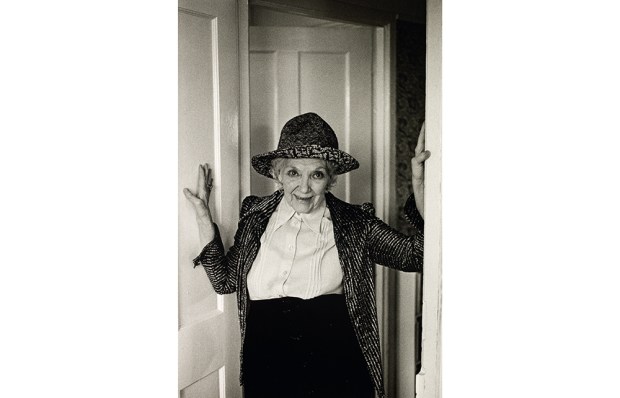

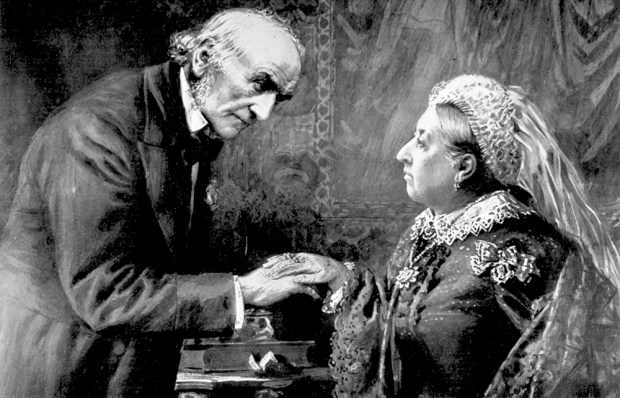
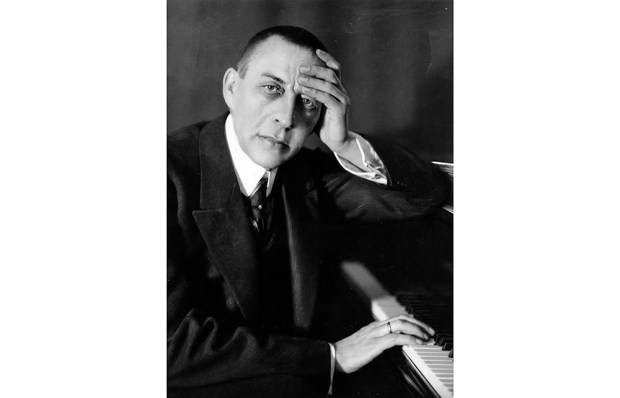
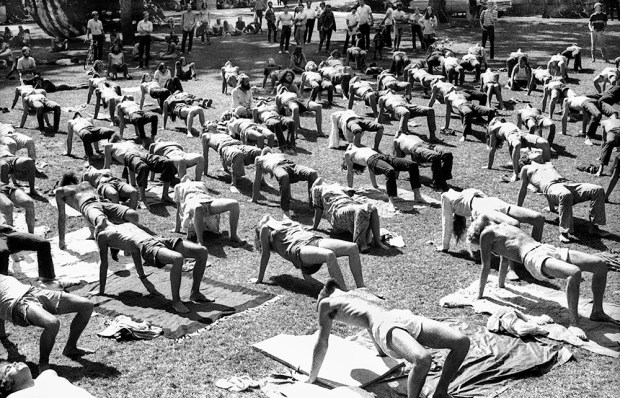
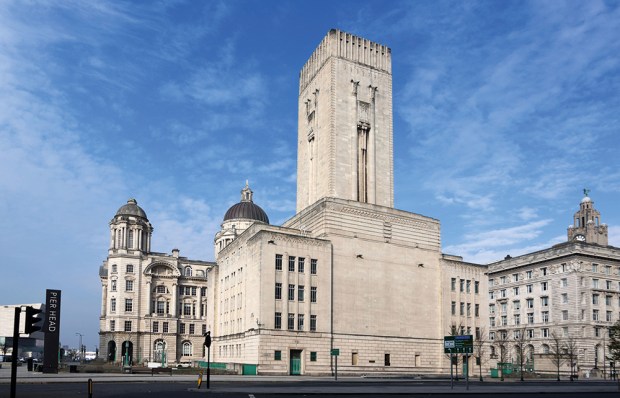






Comments
Don't miss out
Join the conversation with other Spectator Australia readers. Subscribe to leave a comment.
SUBSCRIBEAlready a subscriber? Log in